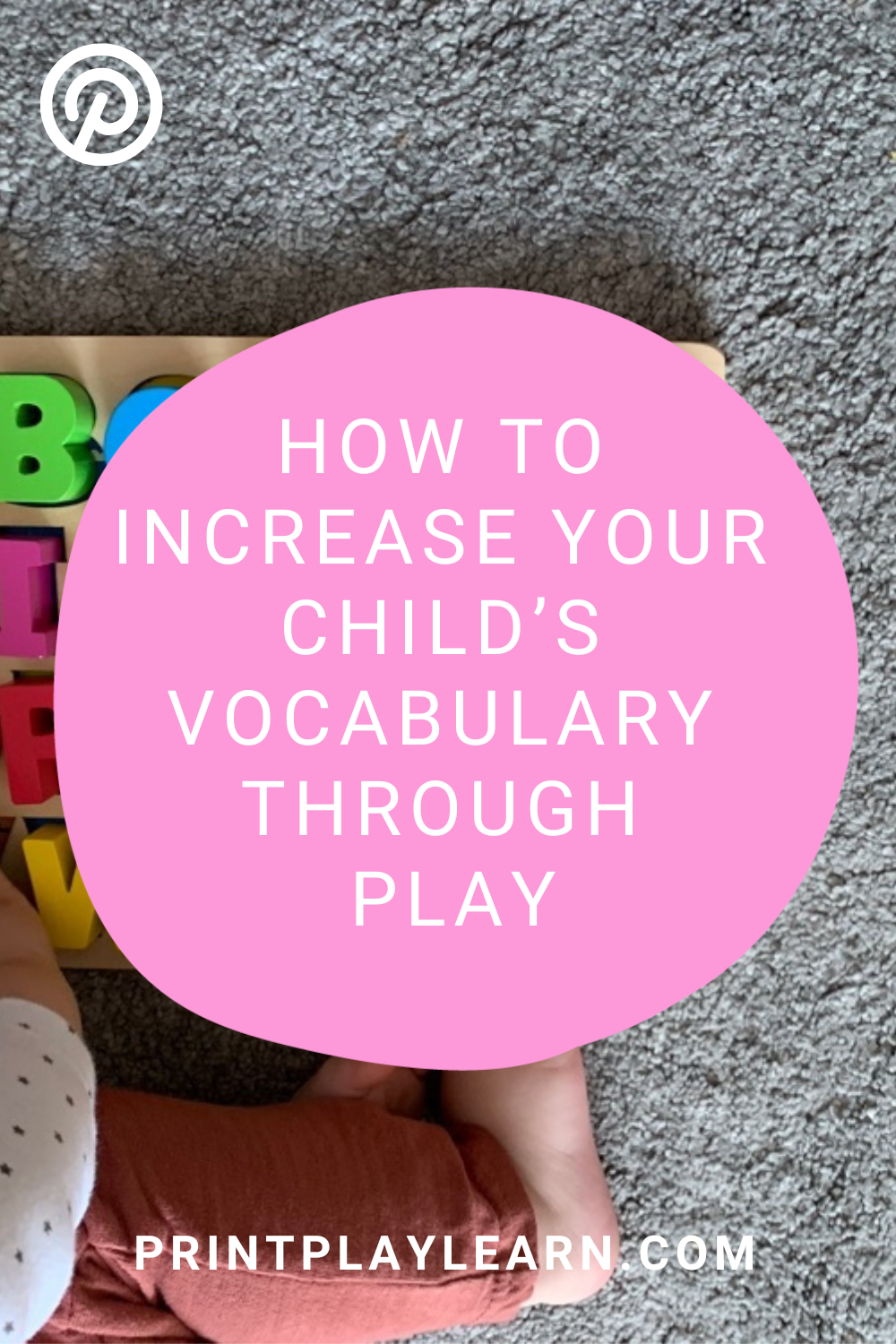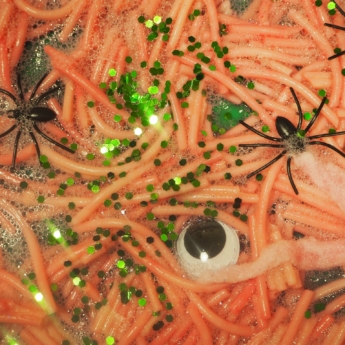How To Increase Your Child’s Vocabulary Through Play
Supporting your child’s communication is one of the most important ways to nurture a child’s learning during the early years, with so much of their life dependent on how well they can express themselves, ask for what they need, and connect with others. If your little one has conquered the basics, here’s how to increase their vocabulary through play.
If your little one is speech delayed, I would always advise seeking support through a qualified speech & language professional, as some of these ideas may not work. Particularly if your child is a gestalt language processor.
1. Model language through role play
You have already had a huge influence over your child’s language this far. Modelling language through role play is a great way to extend this. Think about scenarios your child may experience, and how you can model new words through playing out these situations together. Perhaps you want them to have more vocab for their visits to the supermarket, nursery, or the doctors. Role play these settings to start to build a basic understanding of relevant terms they’ll come across.
2. Get labelling
Labelling objects and places can help your child bring together established concepts with words. For example, you could label toy boxes with a graphic & word, then point this out each time you access those toys. Other labels you might want to consider include drawers of clothes, where cups or cutlery can be found, and places they might keep other day-to-day belongings.
You could also print out themed vocab sheets that label relevant items they are interested in or to celebrate seasons and holidays. Take a look at Print Play Learn’s vocab sheets here.
3. Play spotting games
Spotting games are a super easy way to introduce new words! Try a game of I-Spy or create an indoor or outdoor scavenger hunt for your child to find things. Another similar guessing game is to have your child describe something they see in detail, and you have to guess what it is. This challenges your child to try out new adjectives or even make up their own!
4. Sing together
Whether you’re singing nursery rhymes, singing along to the radio, or making up your own silly songs, singing not only gives your child a chance to learn and practice new words, it also helps children break down words into smaller sounds, which is helpful for later decoding while reading.
5. Be silly with language
Your child doesn’t have to be doing something ‘serious’ to be learning. In fact, sometimes the sillier the better – because the more fun your child is having, the more likely they are to remember what they were doing. Have fun with language together. Use the most ridiculous words you can think of to ask them questions, or start talking in your own made-up language. Being playful with language will give your child the confidence to explore with words themselves.
6. Practice storytelling
Stories are the ideal place to discover new words that you aren’t using day-to-day. Read stories together as much as possible. And practice storytelling together through play too, whether that’s using story stones or dice, drawing and talking through what’s going on in the picture, or telling each other silly stories. It all counts.
7. Play word bingo
For early readers, bingo is a fun way to introduce new words besides dreaded spelling lists. Make a grid of new words on paper, give them a fun stamper, then start saying random words with the listed words added in. Each time they hear one of the words on their card, they mark it off. Bingo!
Did you enjoy these ideas? If so, you might also like this blog on playful ideas to support literacy. Plus, take a look at our memberships for playful early years resources you can download and print.

